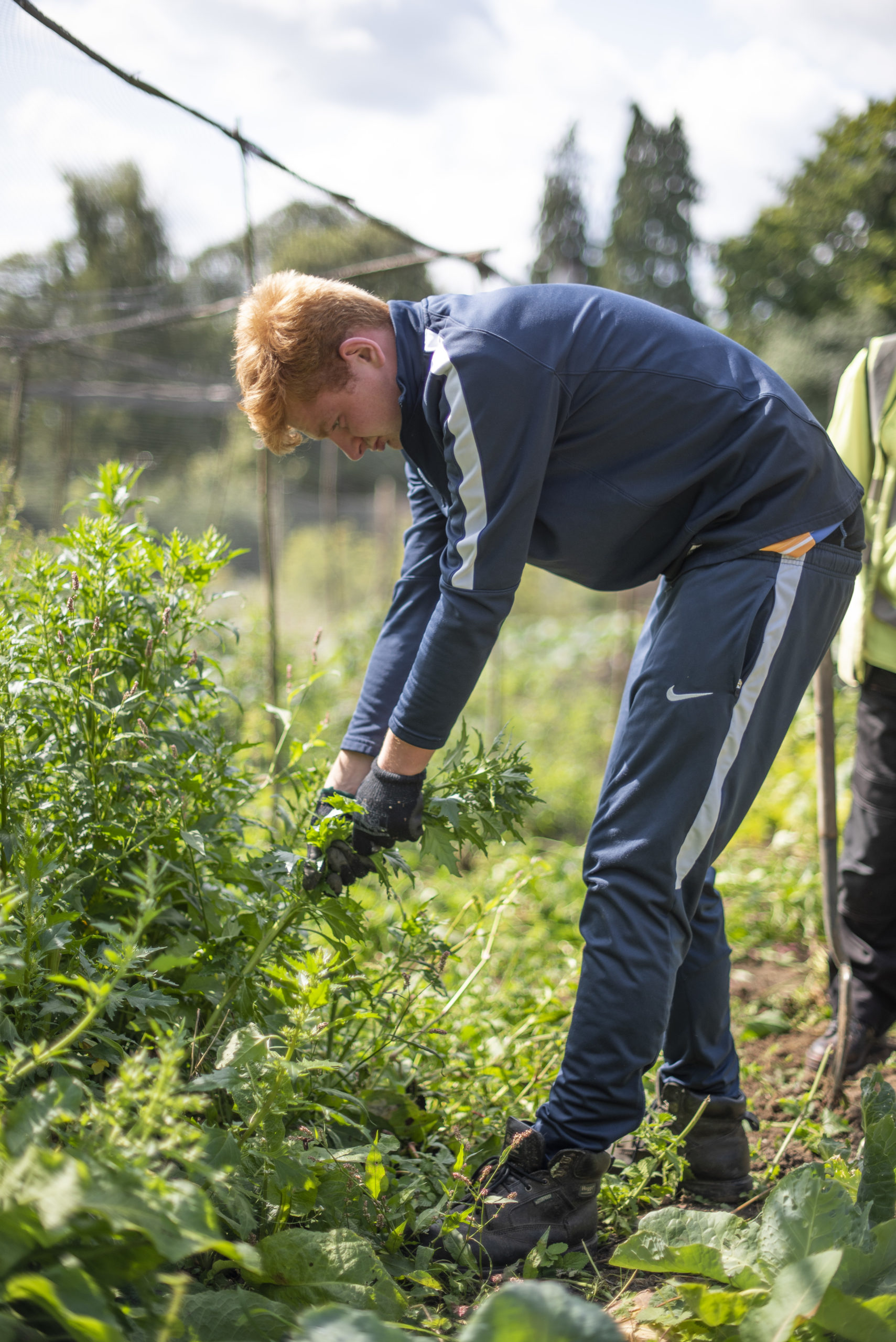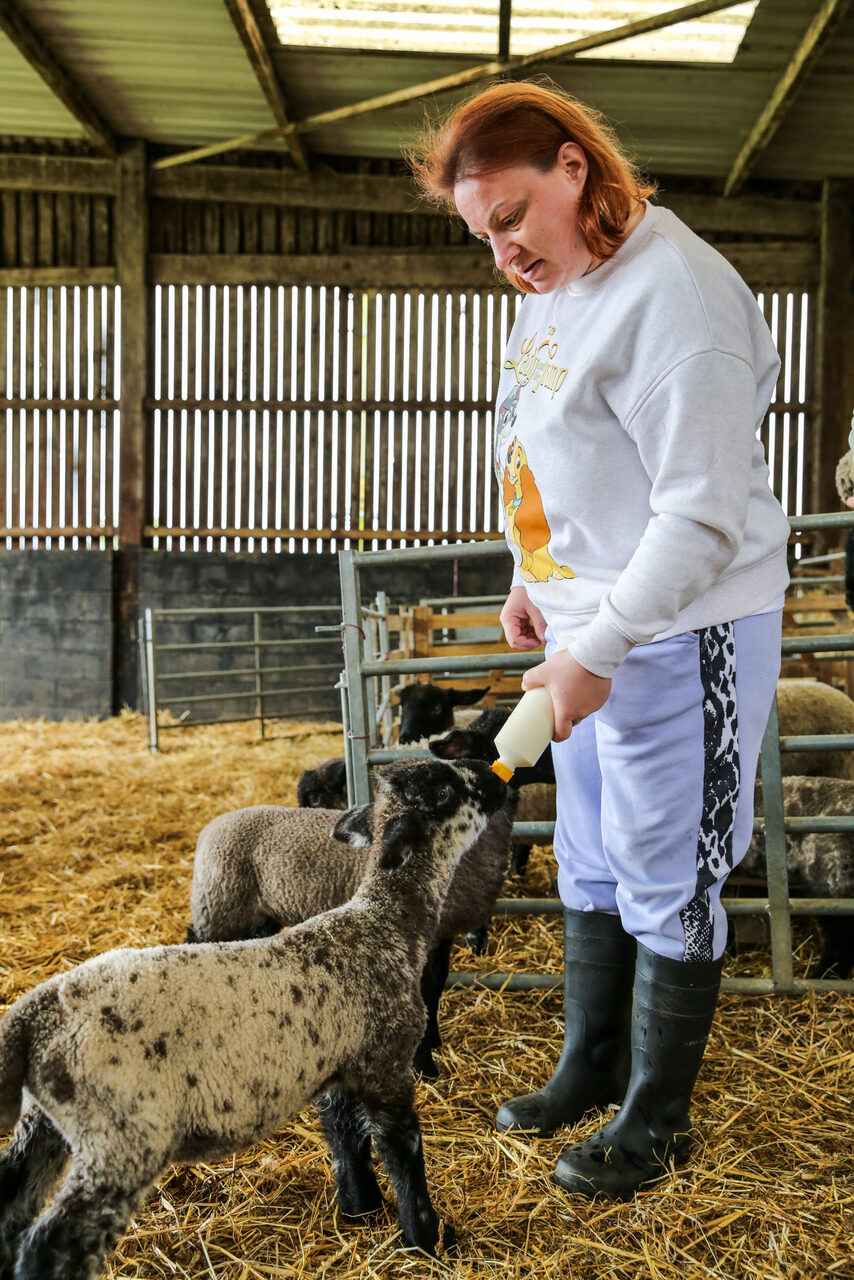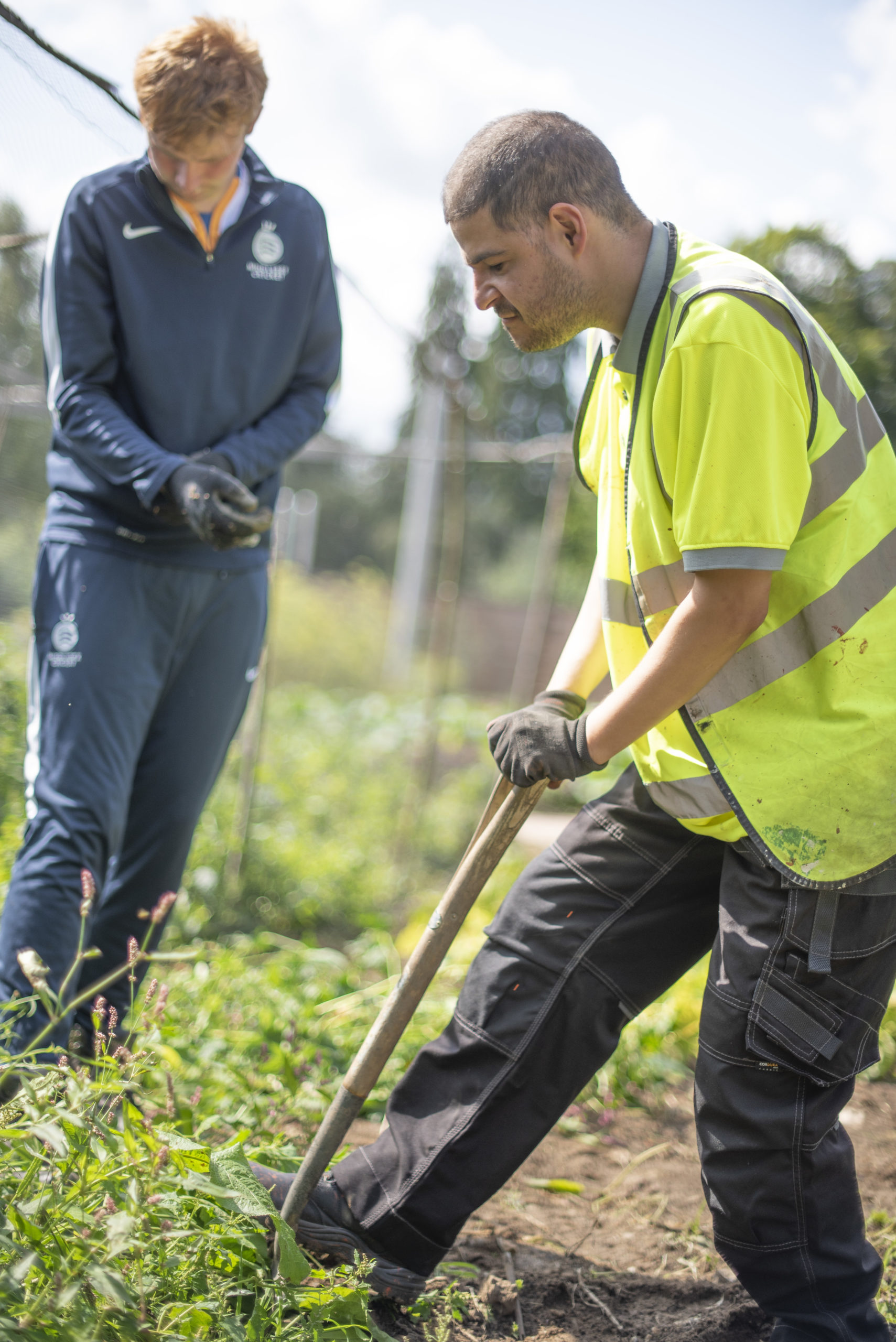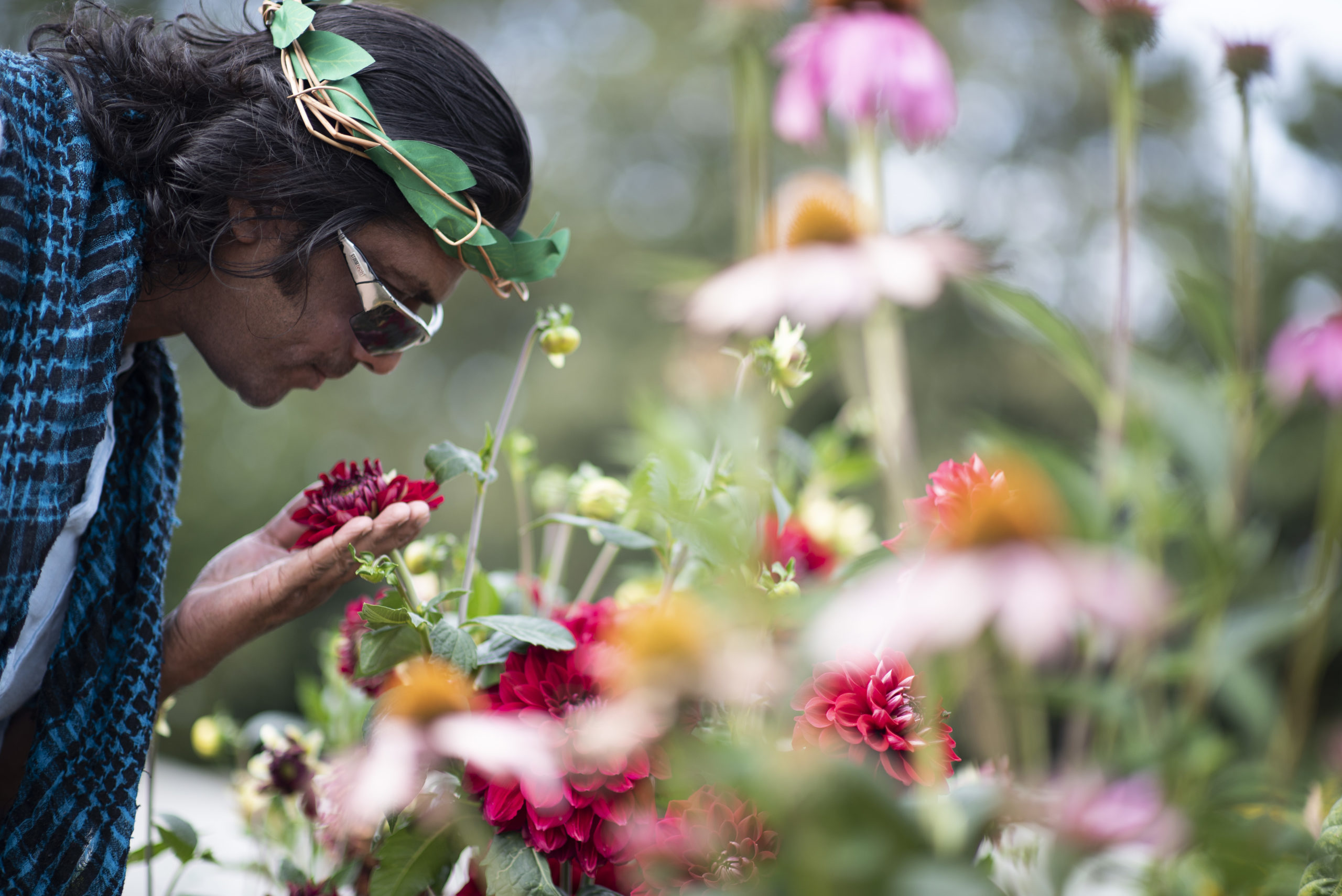
Nature leading the way to a life of opportunity
Engaging in nature-based activities and spending time outdoors significantly benefits people with learning disabilities. Providing access to outdoor environments is a simple and proven method for enhancing their wellbeing.
Access to nature
Natural England’s paper, Included outside: Engaging people living with disabilities in nature (2022) highlights the benefits spending time outdoors can have on individuals with learning disabilities,
"Living with disabilities can often entail additional organisation and time on mundane chores, so there can be particular value in the feeling of freedom and sense of getting away from everyday demands that can come from being in natural environments."
This stresses the importance of providing individuals with learning disabilities access to more meaningful opportunities outdoors in nature, which enables people to live active and healthy lives.
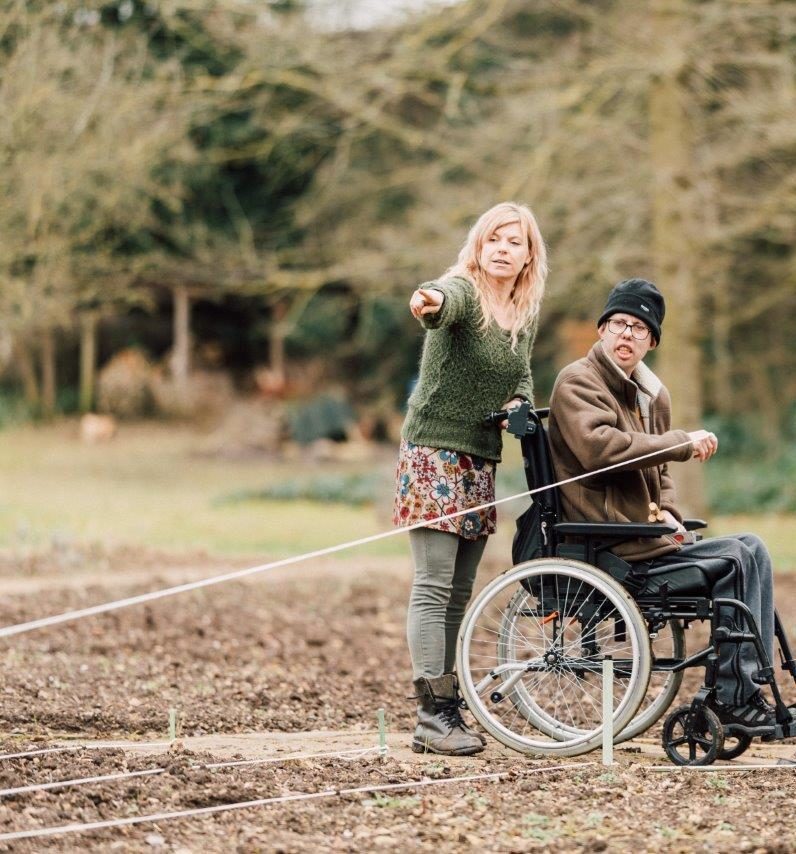
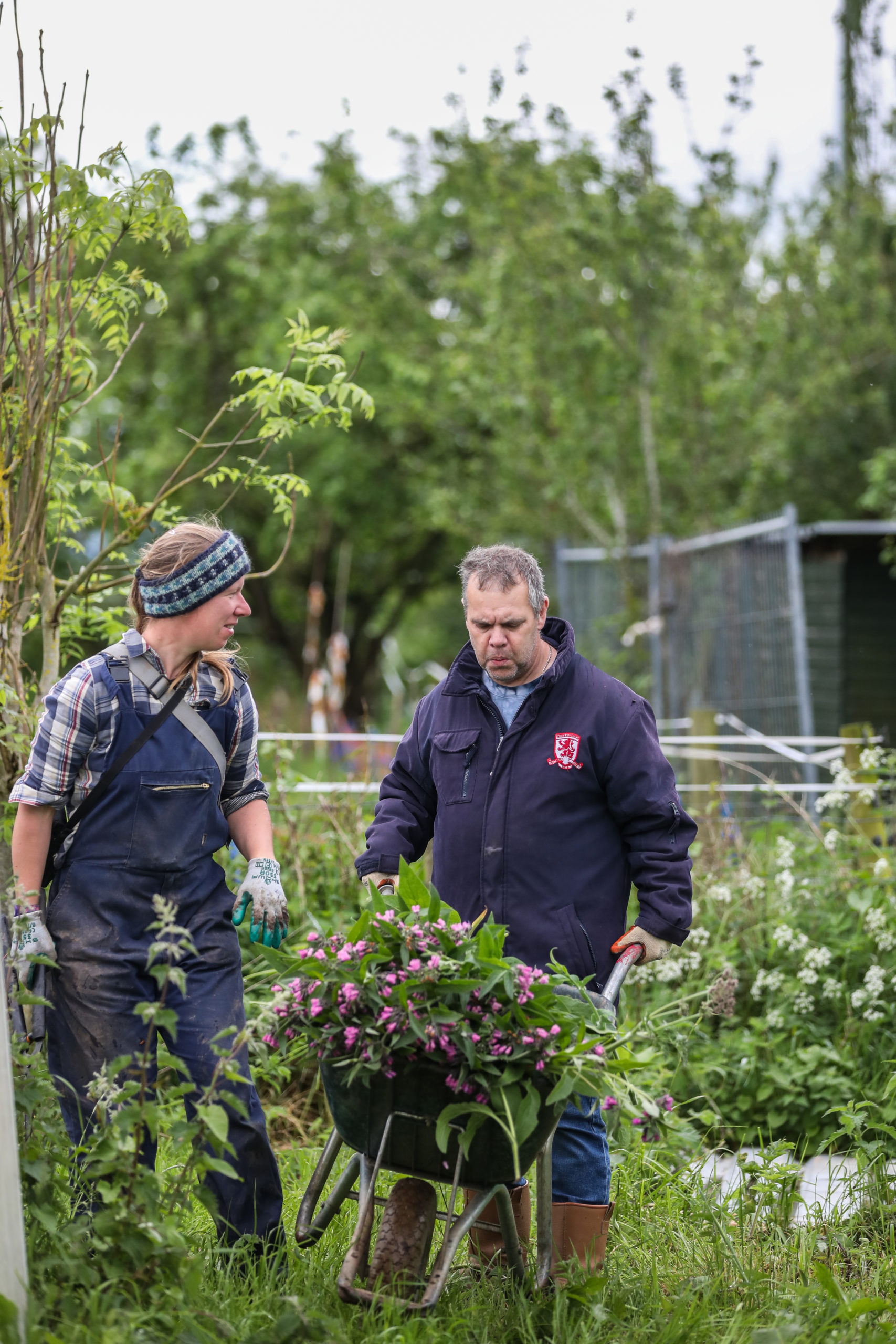
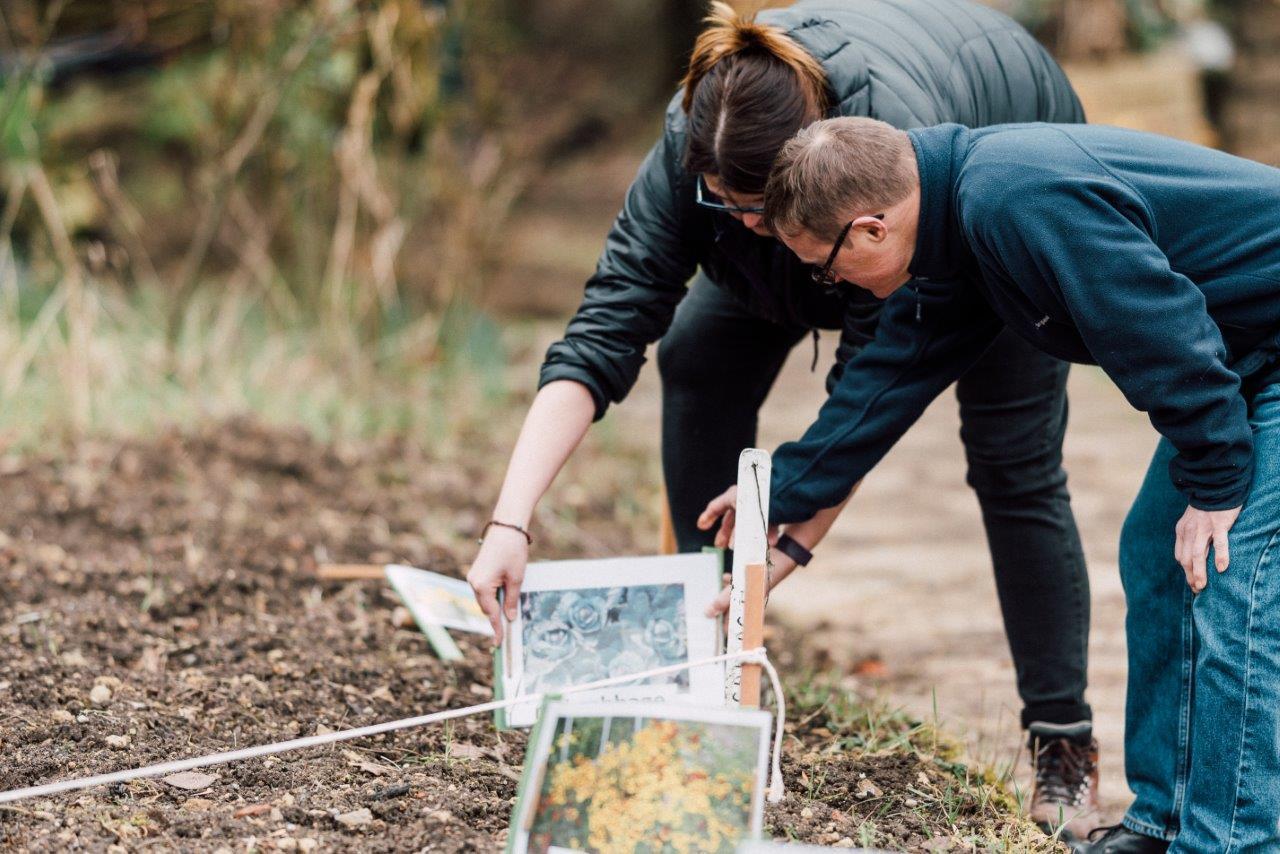
Preventing and tackling mental health problems through nature
Access to nature not only enhances the lives and wellbeing of individuals with learning disabilities, but also significantly benefits people with mental health challenges, as highlighted by the latest report, National Evaluation of the Preventing and Tackling Mental
Ill Health through Green Social Prescribing (GSP) Project. The report provides meaningful insights into the way nature-based activities and access to nature increased overall wellbeing and health for people with mental health problems. The findings:
- Overall, 8,339 people with mental health needs were supported to access nature-based activities... These participants experienced improved wellbeing when accessing nature-based activities, indicating that GSP can have a positive impact.
- One site collected physical activity data and showed a statistically significant improvement in people increasing their physical activity following a nature-based activity (from 84.2 per cent in the seven days before the activity to 94.7 per cent post activity).
- Prior to accessing nature-based activities participants’ happiness, anxiety, life satisfaction and feeling that their life was worthwhile was much worse than the national average. After accessing nature-based activities this had improved so that their happiness and anxiety were in line with the national average.
- There is a need for new commissioning and procurement arrangements to ensure that nature-based providers can be embedded within health service delivery and the wider social prescribing landscape.
The findings suggest that Green Social Prescribing (GSP) improves mental health and wellbeing, with 8,339 participants experiencing enhanced happiness and reduced anxiety, bringing their mental health in line with national averages. One site also reported a significant increase in physical activity. These results indicate the potential of nature-based activities to support mental health, while also highlighting the need for improved integration of such services within health systems and social prescribing frameworks.
The challenges in accessibility and wellbeing for individuals with learning disabilities
For people with learning disabilities, there is a lack of funding, awareness and opportunity to participate in meaningful activities daily to learn genuine life and vocational skills – often leading to social isolation and loss of independence. Although a connection to nature has proven benefits for our health and wellbeing, access to nature is often not equitable for those with a learning disability.
Limited knowledge and education about nutrition and healthy lifestyles, often combined with a lack of access to fresh fruit and vegetables, has increased to unhealthy eating patterns and obesity for people with a learning disability.
How we are making nature accessible to adults with learning disabilities
Camphill Village Trust introduces a Green Care Programme, that incorporates outdoor opportunities and nature-based activities, to ensure the people we support have a life of opportunity. We are re-imagining social care; designing a new answer to a challenged sector through the power of nature.
Our Green Care Programme offers ‘real’ work and skills-based opportunities for the people we support at both our urban and rural sites.
Our communities have working farms, gardens and other natural spaces, with indoor enterprises such as shops, cafes, bakeries, cheese-making, woodworking, butchery, printing press and even candle-making at some, that enable us to offer an array of meaningful opportunities as part of our Green Care offer.
Expression and creativity are also important for wellbeing and many of our sites have purpose-built buildings for music, crafts and drama to deliver a range of creative nature-based arts within our Green Care Programme.
As we care passionately about health and nutrition, we also offer opportunities working with food, from field to fork, from harvesting to processing and baking, right through to customer facing opportunities such as serving food in our cafés and working in our shops.
How do people with learning disabilities benefit from nature-based activities?
The outcomes of connecting with nature in our Green Care Programme...
Participants are treated as individuals at Camphill Village Trust, their voices are heard, and our person-centred approach brings many benefits. Typically, the most important outcomes experienced by our Green Care participants are:
- Increased self-advocacy, agency and independence (having more say in their lives, understanding choice, rights and responsibilities, progression and needing less support).
- Improved health and wellbeing (enhanced mental and physical health -feeling happier, being more active, eating a healthier diet and maintaining a healthy weight).
- Increased confidence and self-esteem (greater sense of self, more pride and confidence, increased self-worth).
- Increased inclusion and social connection (increased sense of belonging and community, greater social networks, enhanced social skills, working as a team and making new friendships).
- Increased sense of purpose, meaning and value (contributing to society, being part of something real and having a meaningful life).
- Increased life and/or vocational skills (increased life skills to enable higher independence, increased competencies, learning or work-based training.
